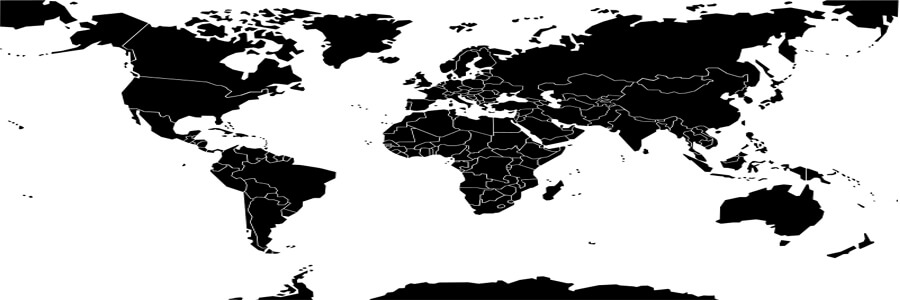
The confidential business information that provides a business a competitive edge in the market is called trade secret. Trade Secret may be a manufacturing or industrial secret or a business and trade secret. If someone uses this business methodology without the permission of the holder, originator and the owner it is called unfair practice and is a violation of the trade secret law. The law provides protection of the trade and business secrets and the unfair competition. The terms trade secret also includes the sales methods, distribution methods, consumer profiles, advertising strategies, lists of suppliers and clients, and manufacturing processes. The unfair competition is considered as breach of contract, breach of trust and violation of the trade secret laws.
How to protect trade Secret:
As compare to trademark and patent the trade secrets are protected without any formal registration of the work therefore these have a long lasting life. The laws are slightly different in different jurisdictions. While these conditions vary from country to country, some general standards exist which are referred to in Art. 39 of the Agreement on Trade-Related Aspects of Intellectual Property Rights (TRIPS Agreement):
- The information must be secret (i.e. it is not generally known among, or readily accessible to, circles that normally deal with the kind of information in question).
- It must have commercial value because it is a secret.
- It must have been subject to reasonable steps by the rightful holder of the information to keep it secret (e.g., through confidentiality agreements).















